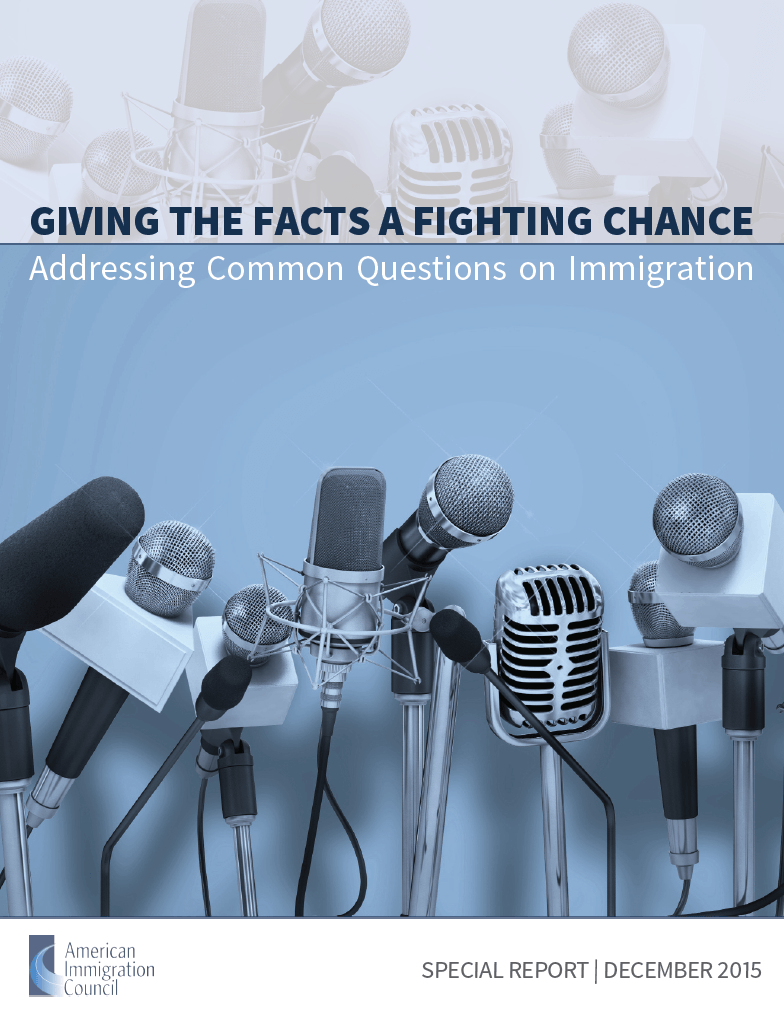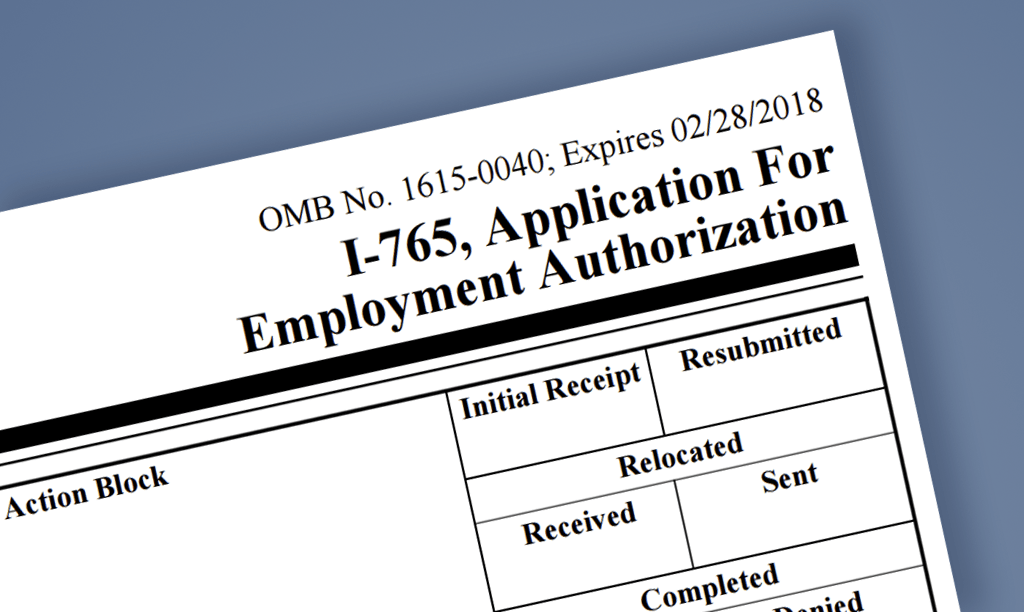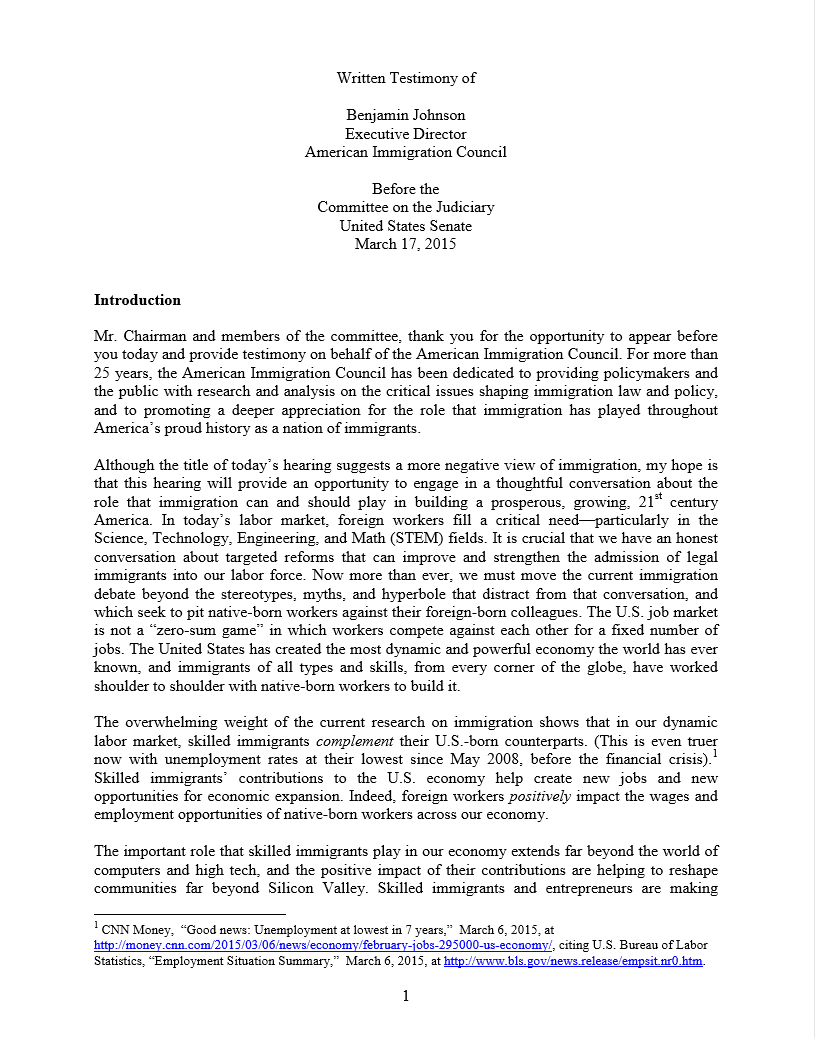What role do immigrants play in American business and the American workforce? Immigrants work in a range of skilled positions in the U.S. and start businesses that boost the American economy. Learn more about immigrant entrepreneurship and workforce participation.
Recent Features

Guides & FAQs
Learn how institutions, employers, or talented researchers and other highly skilled individuals in the STEM fields can take advantage of the Early Career STEM Research Initiative.








